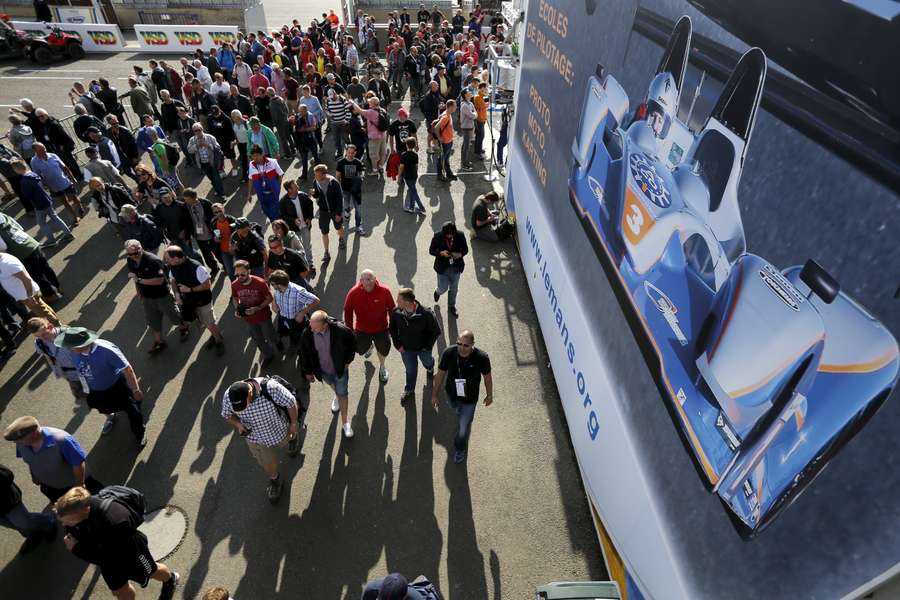Le Mans celebrates 100th birthday as it looks forward to a hydrogen future

A sold-out crowd of more than 300,000 is expected, many of them travelling to France by car in what has become an annual pilgrimage for British racing fans since the success of the 1920s 'Bentley Boys'.
Reducing that considerable carbon footprint represents a major challenge for organisers the Automobile Club de l'Ouest (ACO).
Pierre Fillon, the Le Mans-born president of the ACO, said 10,000 'green tickets' had been sold, offering a 10% discount to those arriving by electric or hybrid car, train, tram, carpool or bicycle.
"Most of the carbon emission from the 24 Hours, 70%, comes from the spectators," he told Reuters in an interview ahead of what will be the 91st edition of a race first run on May 26th-27th, 1923.
"We want really to push the spectators to reduce their carbon emissions when they come to Le Mans."
On track, cars use a 100% sustainable fuel while the tyres for the top hypercar class now have 46% renewable material in their construction.
A new hydrogen category will be introduced in 2026, with cars either using fuel cell technology or combustion engines running on hydrogen, and all hypercars will eventually be hydrogen-powered.
The ACO has been promoting the technology since 2017.
"The goal is to have all the top category in 2030 with hydrogen," said Fillon, who on Wednesday opened a Hydrogen Village and a display of hydrogen-powered cars at the Sarthe circuit.
Le Mans has always been a proving ground for manufacturers and innovative technology, an arena where the car is the star with bragging rights for reliability and efficiency. Fillon said that would not change.
"The ACO is working like that for 100 years and we don’t want to change the DNA of the 24 Hours," he explained.
"Clearly our goal now is to work for the zero emissions mobility.
"This (hydrogen) technology can work not only in cars. It works in trucks, it will work in trains, in boats, all the EV transportation. For us it's very important to continue in this direction."
Every sport is chasing a younger demographic, aware of changing viewing habits and different ways of reaching fans, and Fillon said research showed Le Mans was no different to other major sporting events.
The 300,000 tickets for this year's event sold out in December, and next year Lamborghini, Alpine and BMW are joining the current seven in Hypercar (Porsche, Toyota, Ferrari, Peugeot, Cadillac, Vanwall and Glickenhaus)
Fillon pointed also to new audiences attracted by a GP Explorer event at the circuit last October in which influencers and YouTubers competed in a Formula Four race organised by 'Squeezie', who has 18 million followers in France.
"We wanted to limit the crowd to 40,000 people because it was the first event. We sold our ticketing in two days," said Fillon.
This year's race is scheduled for September, with the crowd limited to 60,000. It sold out in two hours, with 200,000 on the waiting list.
